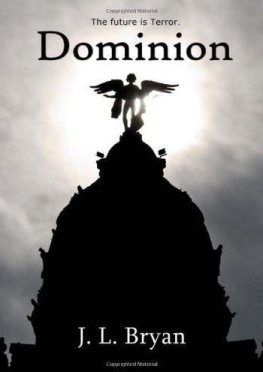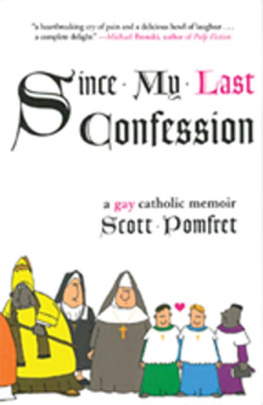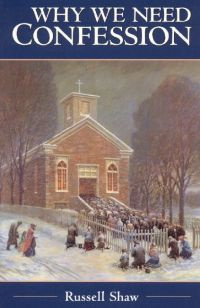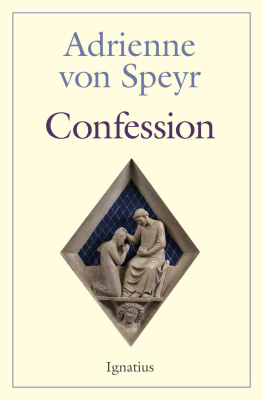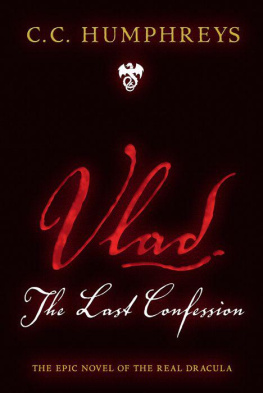INTERROGATION AND CONFESSION
for my mother, Mavis in memory of my father, Ivan
Interrogation and Confession
A Study of Progress, Process and Practice
IAN BRYAN
Department of Law, University of Lancaster, Lancaster
First published 1997 by Dartmouth and Ashgate Publishing
Reissued 2018 by Routledge
2 Park Square, Milton Park, Abingdon, Oxon, OX14 4RN
711 Third Avenue, New York, NY I 0017, USA
Routledge is an imprint of the Taylor & Francis Group, an informa business
Copyright Ian Bryan 1997
All rights reserved. No part of this book may be reprinted or reproduced or utilised in any form or by any electronic, mechanical, or other means, now known or hereafter invented, including photocopying and recording, or in any information storage or retrieval system, without permission in writing from the publishers.
Notice:
Product or corporate names may be trademarks or registered trademarks, and are used only for identification and explanation without intent to infringe.
Publishers Note
The publisher has gone to great lengths to ensure the quality of this reprint but points out that some imperfections in the original copies may be apparent.
Disclaimer
The publisher has made every effort to trace copyright holders and welcomes correspondence from those they have been unable to contact.
A Library of Congress record exists under LC control number: 97019616
ISBN 13: 978-1-138-33712-1 (hbk)
ISBN 13: 978-1-138-33713-8 (pbk)
ISBN 13: 978-0-429-44261-2 (ebk)
The research and parts of the writing for this book were carried out whilst I was a doctoral student and Teaching Fellow in the School of Law at the University of Warwick. I am grateful to the Economic and Social Research Council (ESRC) for funding the research.
I owe a debt of gratitude to a number of people in writing this book. I thank Jolyon Hall, Law Librarian at the University of Warwick. Grateful thanks are also offered to Mark Charlton and to Francis Halstead of the Computing Services Centre at the University of Warwick. Steve Jenkins and Dave Bleasdale of the Computer Centre at the University of Lancaster are also thanked for helping me prepare camera-ready copy.
I warmly acknowledge the contribution of colleagues, students and friends in Warwick and Lancaster who helped me to clarify my thoughts and encouraged me in other ways. John McEldowney, Joe McCahery and Satnam Choongh have been especially important.
My greatest debt is to Mike McConville. His interest and enthusiasm helped to sustain me through periods of uncertainty. His invaluable comments helped considerably to develop my ideas. Without his support and friendship this book would not have been written.
My promise of complete confidentiality regarding all persons, cases and areas, prevents me from identifying the individuals who gave me access to a great number of their files. However, I take this opportunity to express my gratitude to all concerned.
An incalculable debt is also owed to my greatest and dearest friend, Neda Sadoughi-Nejad. I thank her for her unfailing confidence and enduring support. Her patience, warmth and affection have been a source of inspiration and delight.
Sections of chapter twelve are to appear as Shifting Images: Police-Suspect Encounters During Custodial Interrogations, in (1997) Legal Studies, 17(2), pp. 215-33, and are reproduced by permission of the Society of Public Teachers of Law.
Finally, many thanks are also due, and offered in full measure, to those I have not mentioned by name. I acknowledge the help they afforded me whether directly or indirectly, knowingly or unknowingly in preparing this book.
Ian Bryan
Department of Law
University of Lancaster
The exposure of a succession of high-profile miscarriages of justice during the late 1980s and early 1990s worked to highlight serious failings within successive stages of the criminal justice process, from initial investigation right through to appeal.
The Police and Criminal Evidence Act 1984 (PACE) which, with its accompanying Codes of Practice, currently regulates police interrogations and the reception in evidence of confessions, attempts to address these concerns. At the same time, however, it effectively ensures that the status traditionally accorded to confession evidence is preserved. The Act, therefore, accepts the long and widely held view that interrogations and their prime object, confessions, are indispensable to the discovery and clearance of criminal offences. As Lord Devlin once put it:
the accuseds statement to the police often plays a great part in the prosecutions case. There can be no doubt of that, and I should emphasise it. the evidence which interrogation produces is often decisive. The high degree of proof which the English legal system requires often could not be achieved by the prosecution without the assistance of the accuseds own statement.
Whilst there is a strong body of empirical evidence to suggest that the importance of confession evidence, when obtained through police interrogations, has been exaggerated,
Given that modern practices respecting the procurement, status and critical role played by the confession may be more fully understood when considered in historical context, this study aims to trace the development, use and regulation of confession evidence from the Middle Ages to the present. Paying particular attention to the pre-trial phase of the criminal process, the study also aims to illuminate the structures and strategies that have evolved to legitimate the extra-judicial interrogation of suspects and to preserve the vitality of the confession as a central item of prosecution evidence. These aims exist at the heart of the study and inform one of its chief concerns: the legitimating forms that, during the history of the criminal justice process, have been utilised to safeguard confessions and to protect the at times covert and more recently increasingly open methods used to secure them.
The second major concern centres on the question of how far images of the police-suspect dynamic as represented in official accounts of PACEregulated interviews can be said to be distinct in character from images found in authoritative pre-PACE accounts of that dynamic. Images of police-suspect exchanges within the context of custodial interrogations are examined in order to discern the extent to which evidence may be constructed rather than discovered, detected or retrieved. The study also considers the degree to which official accounts of interrogation can be said to be complete, accurate and reliable. The broad object of this part of the study is to assess the apparent impact of PACE on the capacity of the police to generate or utilise particular images of themselves, their work and of suspects. It is also to evaluate the nature, form and content of police-suspect encounters as they appear in cases prepared for prosecution and trial in the period prior to and following the implementation of PACE
The study begins with a consideration of the process under which presenting (or grand) juries and trial (or petit) juries came to displace the older modes of proof in thirteenth century England. It focuses upon the evolution and legitimisation of the criminal jury and, once established, its growing dependence upon evidence presented before it by officials made responsible for getting up the case for the Crown. The early history of the jury is explored in order to explain why confession evidence which, at the outset, appears to have been of little significance became a central feature of the administration of justice as the role of the juror took on its modern form.




